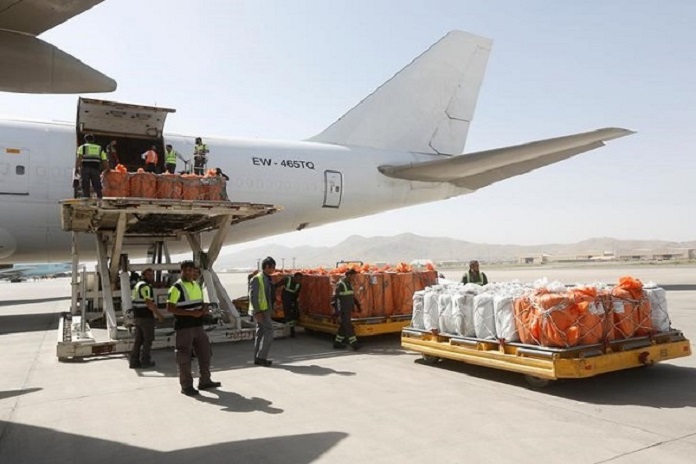
The state of air cargo and global trade
The Covid-19 pandemic is a health and humanitarian crisis, and it is also an economic shock. In its most recent report, Accenture has said that the effects of the Covid-19 crisis on air cargo capacity has improved in the last two weeks.
With the help of its comprehensive, reliable and up-to-date demand and supply databases, Seabury Consulting, now part of Accenture’s travel industry practice, has shared insights and data on air, express and ocean freight demand and capacity on a global basis.
Air cargo capacity increased in the last two weeks mostly driven by passenger belly
Asia Pacific trade lanes show double-digit capacity growth compared to the previous two weeks. Freighter capacity only increased significantly on Europe-Asia. Latin America trade lanes show strong declines as capacity has been moved to other regions.
.png)
Note: Direct capacity only; All freighters and wide body passenger aircraft only, Date measured in UTC time; 1) Comparing 26 Oct – 8 Nov 2020 to 12 – 25 Oct 2020. Source: Seabury Consulting Part of Accenture Capacity Tracking database, Seabury Consulting Part of Accenture analysis (November 2020)
“Boneyard” airports play a key role in storing aircraft during the Covid-19 pandemic
Several airlines have resorted to putting aircraft in long-term storage as they run out of space at their hub. Top five boneyard airports combined store more than 1100 aircraft as of today. The lower regional travel demand has forced many narrow body aircraft into storage.
.png)
Note: Aircraft only considered stored in case the aircraft spends / has spent at least 120 hours at the airport. Source: Seabury Consulting Now Part of Accenture Capacity Tracking database, Seabury Consulting Now Part of Accenture analysis (November 2020)










